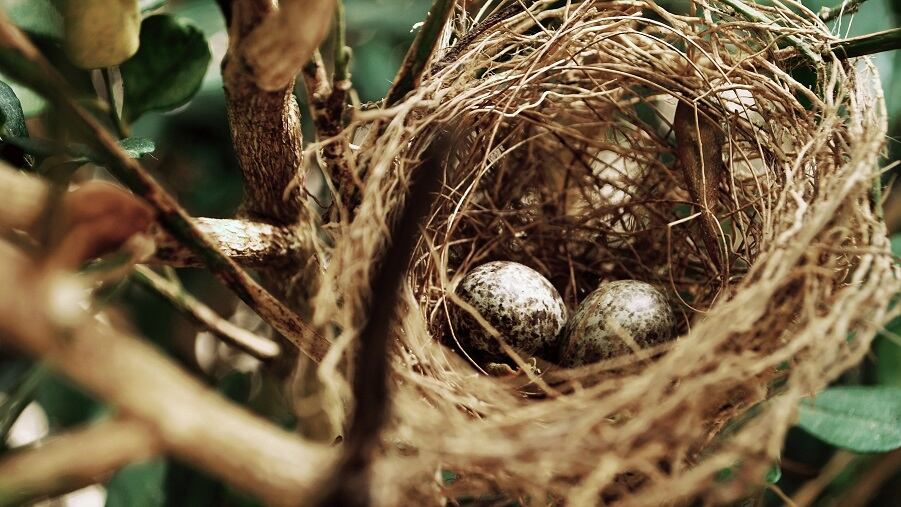The Malaysian entrepreneur, from the northeastern state of Kelantan, had been manufacturing and selling traditional facial cosmetics within her own social network since 2015. Having sensitive skin, she had devised formulas that would work for her own face, and replicated these for her customers.
But when her father started a business this year farming bird’s nests made by swiftlets, these quickly became central to her business and have enabled her to open it up to a wider, international market.
China potential
Unlike most other bird’s nests, which are made out of twigs and foliage, the swiftlet regurgitates saliva which hardens to form a white nest which gets attached to a rock face or side of a building. The nests can then be harvested and incorporated into food and skincare products.
Chinese customers believe that these edible bird’s nests promote “qi”, the vital force of any living entity which must be balanced for health. Qi’s role in boosting the body’s respiratory function, according to traditional Chinese medicine, in turn improves the healthiness of skin.
Under more conventional science, proteins contained in the bird’s nests have been found to be responsible for anti-oxidation, as well as skin whitening. When combined with collagen, bird’s nest is believed to contribute anti-ageing properties.
“I found it fascinating because mainland Chinese people really do adore bird’s nest. So I started using it as a core ingredient. It really made a difference to my own skin,” she said.
Now with products including masks, serums, toners and facial soap, her Malaika Beauty brand is available on Chinese sales platforms like Alibaba. She is also able to customise these depending on her customers’ skin types.
“We are now trying our best to penetrate the China market. They really like bird’s nest ingredients the most in Asia, and now we have a few distributors. We’re just working out which of these is the best fit,” Humaira said, adding that Malaika is working with Matrade, the Malaysian government’s external trade promoter, to open up this market further.
Good source of supply
She is not concerned about the supply of the raw materials if business really takes off due to Kelantan’s status as the centre of bird’s nest farming in Malaysia. While there are other pockets in the country where the swiftlet builds its nests, the agricultural nature of the area, with its abundant paddy fields, makes it most popular with the bird.
Her father is part of a co-operative who can supply the materials cheaply. Unlike when it is used for food, where good-looking edible bird’s nests are priced at a premium, broken nests are ideal for cosmetics as they are blended into a finished product.
“The appearance isn’t important, so we don’t worry about capacity. A group of vendors is willing to sell to us cheaply,” Humaira said.
And now, with long-term plans for China taking shape, she also has the Malaysian market, with its significant Chinese population, in her sights. To this end, Malaika Beauty is in the process of securing halal certification through Jakim, the local Islamic regulator.
“In China they don’t require that specifically, but now we are marketing the cosmetics in Malaysia, we need this,” she added.




